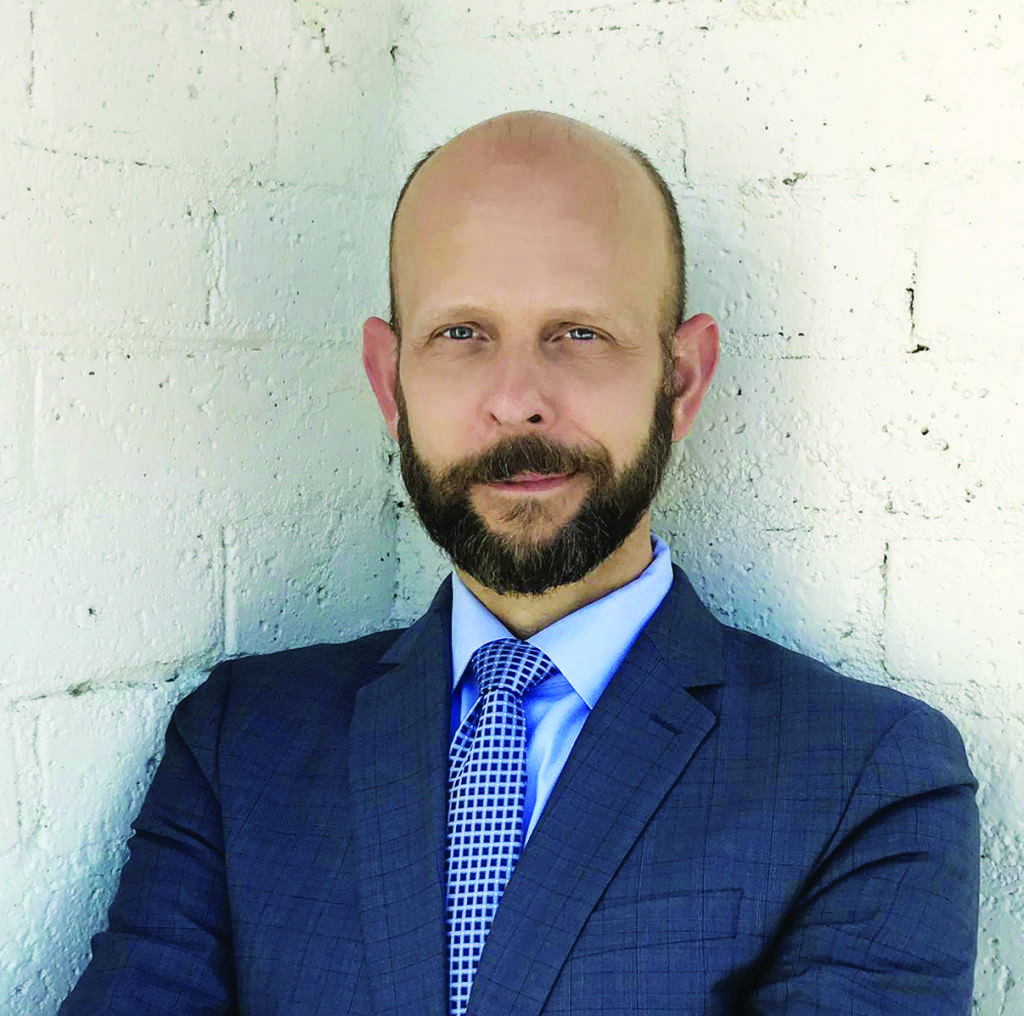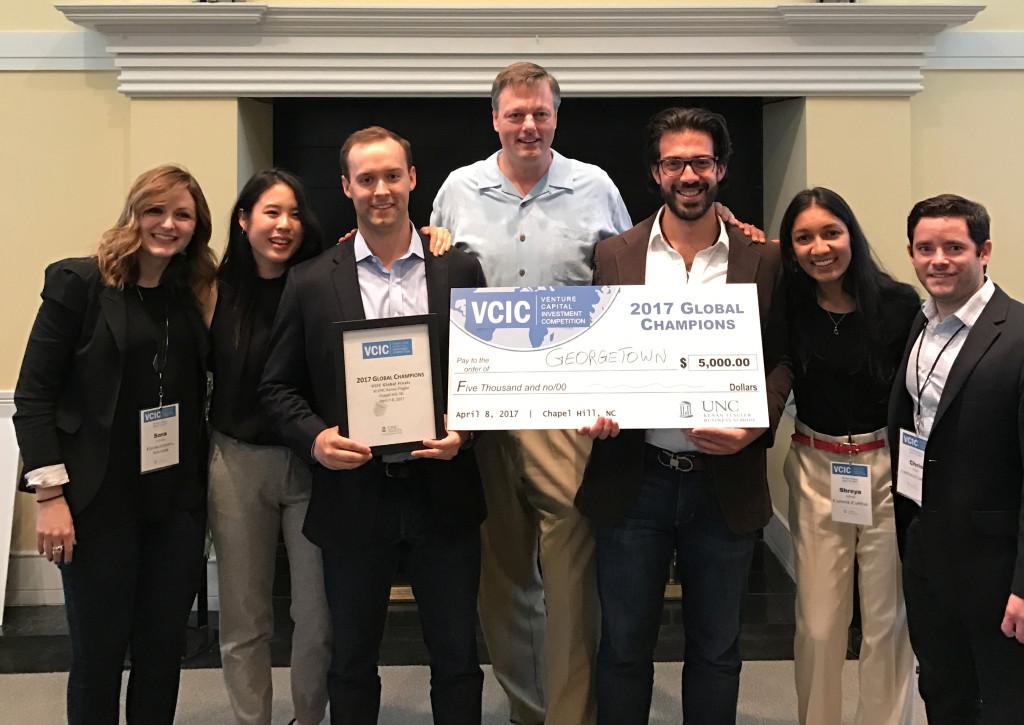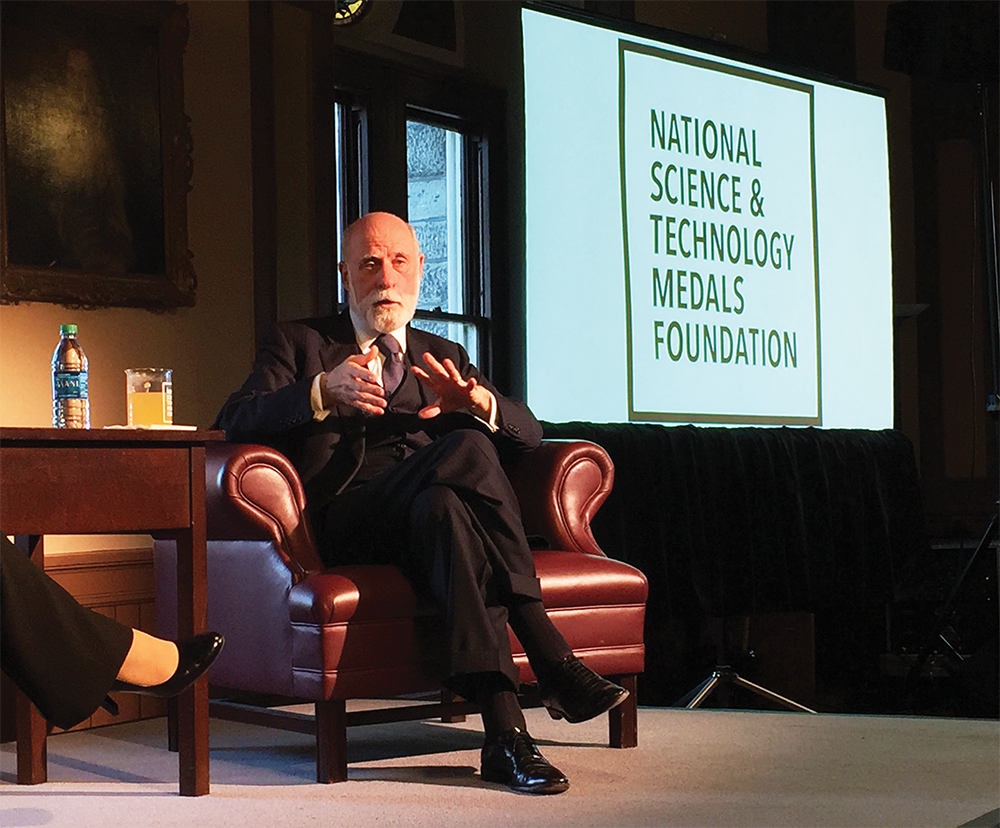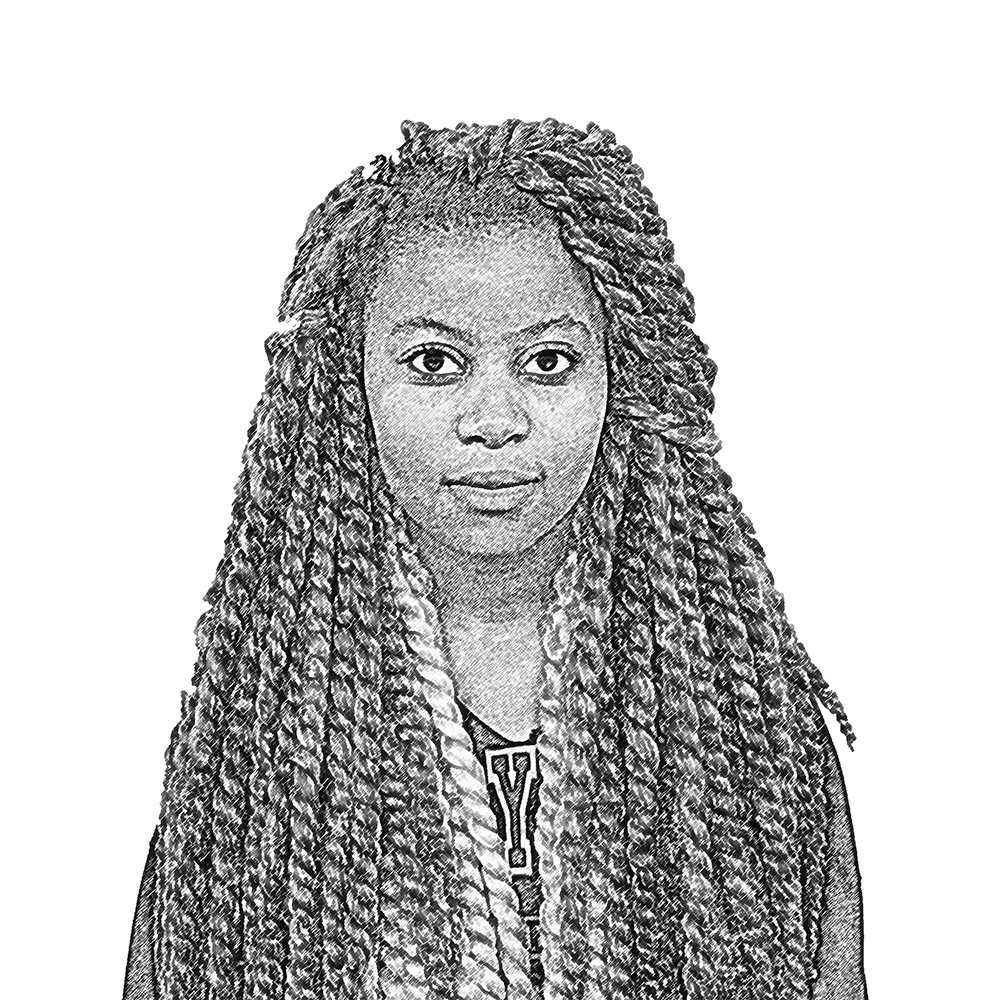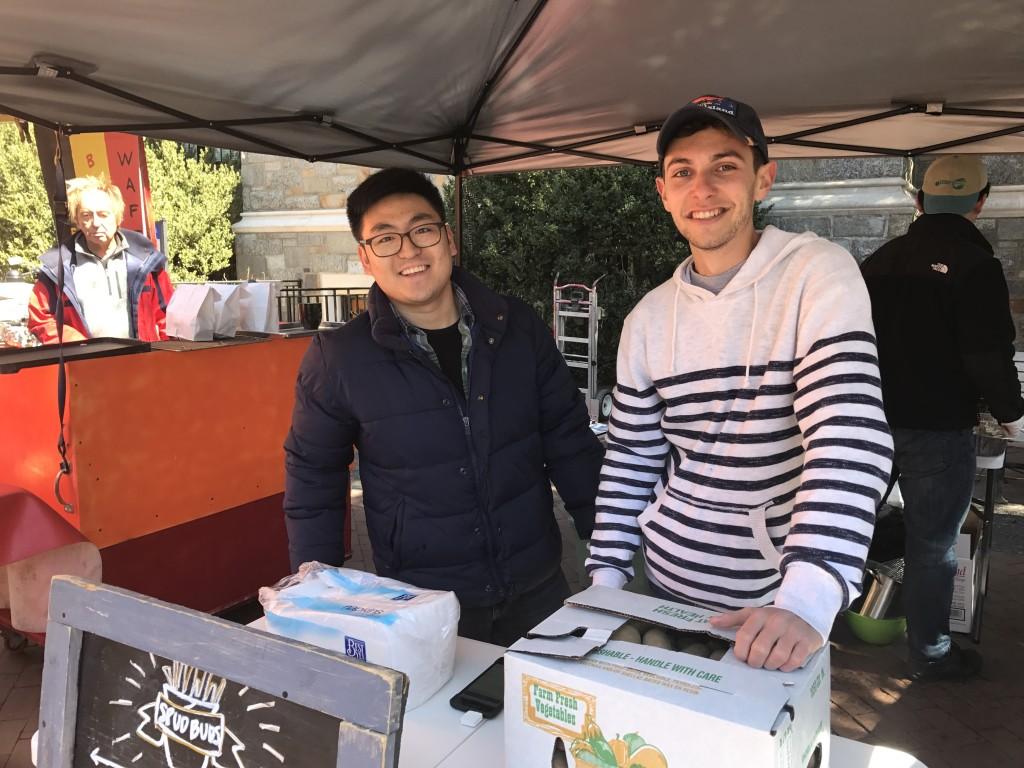Georgetown’s inaugural Growth Grant, a competition supporting campus entrepreneurship by providing a forum for startups to both compete for monetary prizes and receive feedback from judges, held its final round in the Rafik B. Hariri Building Thursday, naming search engine startup Corredata as the winner.
Jay Bhandari (MSB ’18), along with Rahul Desai (MSB ’17), created the competition with the added emphasis on interaction with judges, with the hope it would provide a more intimate setting in which each startup is provided with more time to present its ideas and receive feedback.
“The Growth Grant focuses on providing a boost to early-stage ventures with potential to scale. The winning venture will receive a cash prize, but every venture will receive pitching experience and one-on-one access to an incredible group of judges,” Bhandari said.
The competition included a pitch presentation and question-and-answer section for each business lasting 10 minutes. Judges scored each of the ventures using a variety of criteria including the attractiveness of the startup’s business idea and the scalability of the venture, with the winner receiving a $250 grant and advisory services to support future development.
After the competition, Corredata was named the champion. The company, founded by Caleb Reed (MSB ’13), is a search engine for publicly available data sets, aggregating governmental and organizational data sources.
The other finalists included BioD, a for-profit that provides rural families with renewable energy; Campus Sherpa, a startup that provides personal one-on-one campus tours to prospective students; Chaos Control, an elite personal assistance and babysitting business; and Push, a crowd-funded publishing platform.
Jacob Haberman (MSB ’18), who helped plan and organize the event, said the process of selecting startups for the competition’s final round was difficult.
“We were lucky to receive a large number of high quality applications this year. So the recruiting process was a rigorous one. In staying with the theme of the event, we really focused on the applicants’ growth prospects when ultimately making the finalists selections,” Haberman said.
Bhandari said the idea for the Growth Grant originated in the fall, drawing on his experience with another pitch competition,
“Rahul Desai and I started the Growth Grant to ultimately help foster the entrepreneurship scene on campus,” Bhandari said. “After participating in the Rocket Pitch, we thought that the entrepreneurs at Georgetown could benefit from a more intimate pitch competition.”
Both co-founders work at Trendify, a company that uses data to predict startup success, which Desai said added to the motivation behind creating the competition.
“Jay’s idea to run a pitch contest allows us to simultaneously experience the thought processes of investors and entrepreneurs, two of the markets that Trendify caters to. More importantly, we get to support some of the amazing companies that are springing up on this campus,” Desai said.
He added that the Growth Grant has attracted a panel of judges that includes editors, lawyers and company founders and managers, noting that the diversity of the panel could bring up various issues that are not commonly brought up in other pitch competitions.
“The Growth Grant provides student startups with feedback and expertise that they wouldn’t usually get at local pitch competitions. We count a lawyer, news editor and accountant among our judges. These professions reflect specific risk areas that young startups tend to overlook; in fact, many would-be entrepreneurs believe that startups are exempt from regular legal and accounting procedures,” Desai said.
Bhandari said he hopes judges will be able to support to the ventures that made it to the final round even after the competition ends.
“My hope is that a dialogue between each venture and some of the judges will be sparked at the event — perhaps one or two of the judges at the event could land up being mentors to each entrepreneur as they work on their venture,” Bhandari said.
Bhandari also indicated plans to further develop the Growth Grant in the coming years.
“I plan on continuing the competition for years to come. My hope is that the Growth Grant grows itself and becomes a key contributor to the entrepreneurship scene on campus,” Bhandari said.


